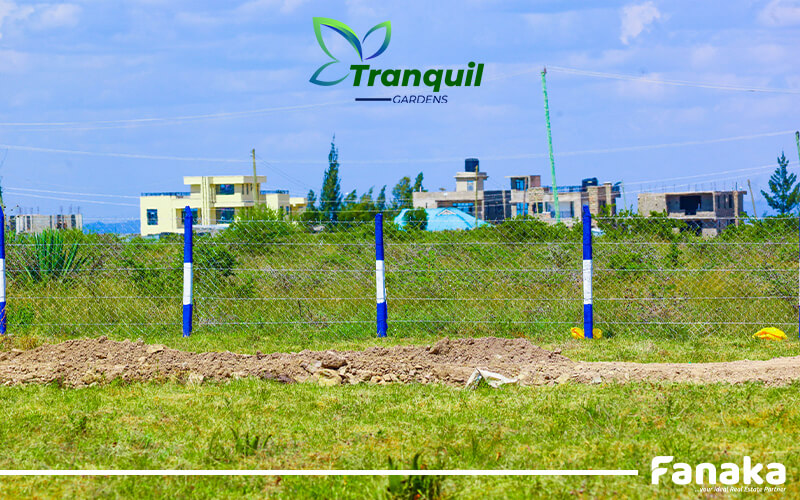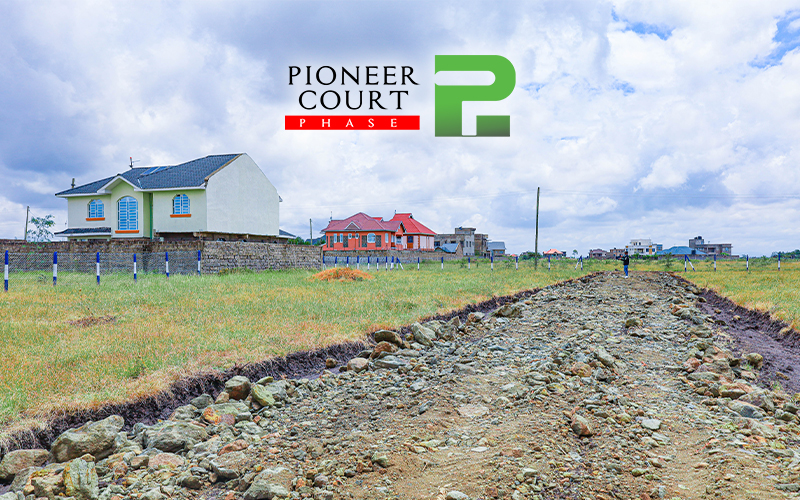A sale agreement is a legally binding document that clearly outlines the terms and conditions for the sale of a property between two parties. It is used to protect the interests of both the purchase and the vendor.
Buying Land: Key Considerations
Are you looking to buy land? Here is all you need to know about a land sale agreement. Buying land properly involves taking a number of processes, key among them is ensuring you, the purchaser, do proper due diligence.
In most cases, this will involve such things as going for the physical site visit, doing a land search, and a company search if buying from a registered company.
Once you are done with the due diligence, you will proceed to negotiate on the price and other terms of the purchase, thus forming a contract that can be enforced by the law; that is where a sale agreement comes in.
Contents of a Sale Agreement
What does a sale agreement contain? A sale agreement will at times slightly vary in format depending on who is drafting it. For context, the agreement can be drafted by the purchaser’s lawyers, by the Vendor's lawyers, by the vendors themselves, or by the purchaser.
Typically, however, the contents of the agreement will, in most of these cases, be the same: The agreed terms and particulars to a purchase deal.
A land sale agreement should, therefore, include but not limited to:
- Identity of both the buyer and the purchaser.
- This will include full names, Identity card number, phone numbers, and the address code. In most cases, these are also the details to be included in the title deed after the transfer.
- The cost of purchase.
- This defines the agreed amount to be paid, how it is to be paid (Instalment/cash), and when the amount is to be paid.
- Description of the property being sold.
- This will include the size of the land, the title number, where the land is located, and the condition of the land.
- Distribution of costs involved.
- This defines who pays for the different costs involved in the process of transferring the land to the purchaser from the vendor. Some of the common costs will include stamp duty, legal fees, and title transfer costs.
- The obligation of each party involved in the transaction.
- This will help outline all that is to be done by both the purchaser and the vendor.
- Remedies for breach of the contract.
- To help ensure that the interest of each party is protected, a sale agreement will also outline how nonperformance of the agreed terms of the agreement is to be handled.
Why you need a Sale Agreement When Purchasing Land
When looking to transact land, ensure that both of you (Purchaser and Vendor) clearly understand what you are to do before executing the contract to avoid breach and any penalties that might arise from the same.
From the explanation above, the agreement acts to protect both of your interests and to ensure that both of you get what you rightfully deserve without getting duped. When doing it yourself, it would be nice to have the clarification of a lawyer or a legal actioner to ensure that you clearly understand all that is included in the agreement.



